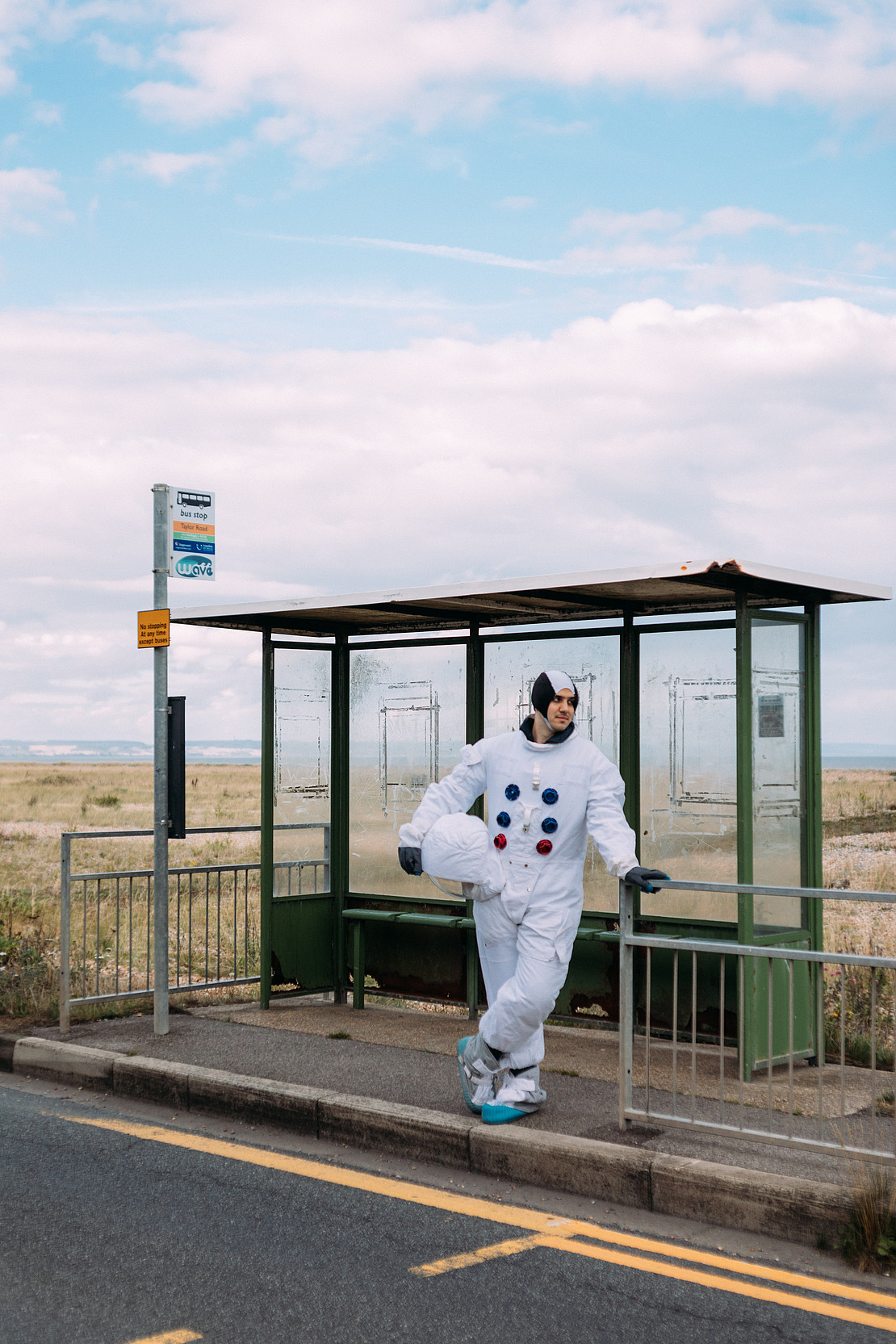This page contains automatically translated content.
More mobility, less traffic
 Image: Tom Leishman / Pexels
Image: Tom Leishman / PexelsAnyone who lives in rural areas knows the problem: rail connections are increasingly thin on the ground, bus connections are sporadic at best, and without a car of your own, it is often difficult to reach destinations further away. There are many ideas on how to improve mobility in rural areas: From so-called "ride sharing," i.e., arranging rides via a carpooling service, to various loaner vehicles, to promoting local public transportation. In order to test these ideas in a real-life environment, a total of 41 projects have been selected for funding over a three-year period as part of the federal rural development program.
Under the umbrella term "LandMobil - jointly on the move in rural areas", the selected projects are given the opportunity to test their ideas for feasibility. The University of Kassel is also on board - the Department of Transport Planning and Systems (headed by Prof. Dr. Carsten Sommer), together with the German Institute of Urban Affairs, will provide intensive support and evaluation for the individual projects. "The expert monitoring and evaluation of the LandMobil projects serves to gain knowledge about the effects of the individual measures as well as about promoting and inhibiting factors during the trials," describes Dr. Melanie Herget, who will supervise the project in the department. "With the help of event and exchange formats between the individual projects, we want to promote synergy effects so that in the end we can make joint recommendations for policy-making," she explains further.The client is the Competence Center for Rural Development (KomLE) of the Federal Agency for Food and Agriculture (BLE) with close ties to the Federal Ministry of Food and Agriculture.
Digitized mobility, new social places
Researchers from the Department of Architecture - Urban Planning - Landscape Planning (ASL) have also been working on sustainable mobility options. A joint project between the departments of architectural theory and design (Prof. Philipp Oswalt), urban and regional planning (Prof. Dr. Frank Roost) and urban planning was recently completed. Prof. Stefan Rettich and Lola Meyer spoke with Ralf Blasig from Volkswagen AG about the mobility of the future in the series "Inter / view".
As a result of the project, the two see that the classic scheduled bus no longer has a long-term future - too expensive to maintain and too inflexible in terms of schedules, it fails to meet the needs of people in rural areas. Instead, Rettich and Meyer see great opportunities for so-called ride-pooling services: "Our goal is to open up private transport to the public. To this end, we have developed the model of digitalized ride-sharing banks: People arrange to meet via an online platform and then meet at the agreed location to ride together. The rider pays the driver a manageable amount. In this way, public and private transport can support each other," says Meyer. Rettich adds, "It's all about motivating people. In the Offenbach area, there is a ride-pooling service for which a quarter of the population has already signed up. Demand is so high that nine shuttle vehicles are now in use. One key to the success has been intensive, grassroots communication. "The concept of the Kassel researchers envisages so-called mobility hubs in every town. These places should provide opportunities for social encounters and at the same time serve the provision of public services. Equipment and functions differ according to the size and location of the place. The middle variant - the midi hub - has a parcel station, exchange boxes for books or fruit, and a kiosk. It is served by buses and on-demand shuttles and offers a digitized rideshare bank. This is what the researchers call flexible meeting points for carpooling.
As part of the "BauMobil" project, the researchers involved were also supported by practical partners, including the Nordhessischer Verkehrsverbund, the Zweckverband Raum Kassel and the town of Trendelburg. The project was funded by the Federal Institute for Research on Building, Urban Affairs and Spatial Development under the Future of Construction program line, and follow-up funding has just been approved until 2023.
This article appeared in the university magazine publik 2021/1. Text Markus Zenz